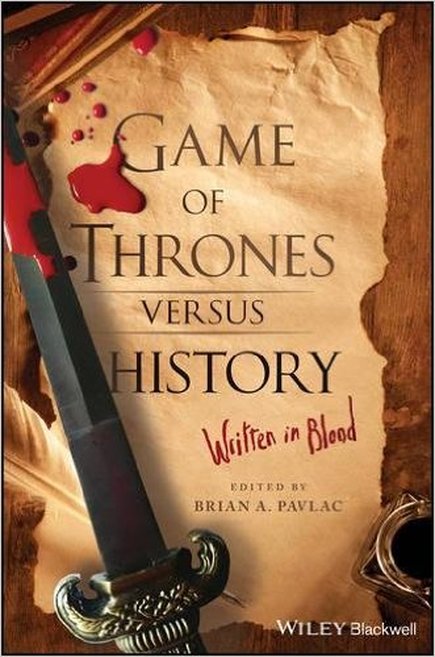EXCERPT: "A machiavellian discourse on Game of Thrones"
|
Are the political theories proposed five centuries ago by Niccolò Machiavelli (1469-1527), the Renaissance Florentine statesman, playwright, philosopher, and history, relevant to the kingdoms and characters in George R. R. Martin's A Song of Ice and Fire and in HBO's Game of Thrones? . . .
Machiavelli supported his theories with examples from the lives and times of numerous historical figures, among them Alexander the Great (356-323 BC), Julius Caesar (100-44 BC), and Pope Alexander VI (r. 1492-1503), as well as biblical, literary, and mythological figures such as Moses, Achilles, and Chiron the Centaur. Machiavelli made few distinctions between the fictional and historical figures featured in The Prince because his theories focused on fundamental human behaviors consistent throughout history and evident in humanity's most enduring heroes of lore. Since Machiavelli referenced figures like Moses and Achilles when proposing theories about the fundamental use of political power, who's to say that he--or we--can't do the same using some of the most popular characters from Game of Thrones? |

